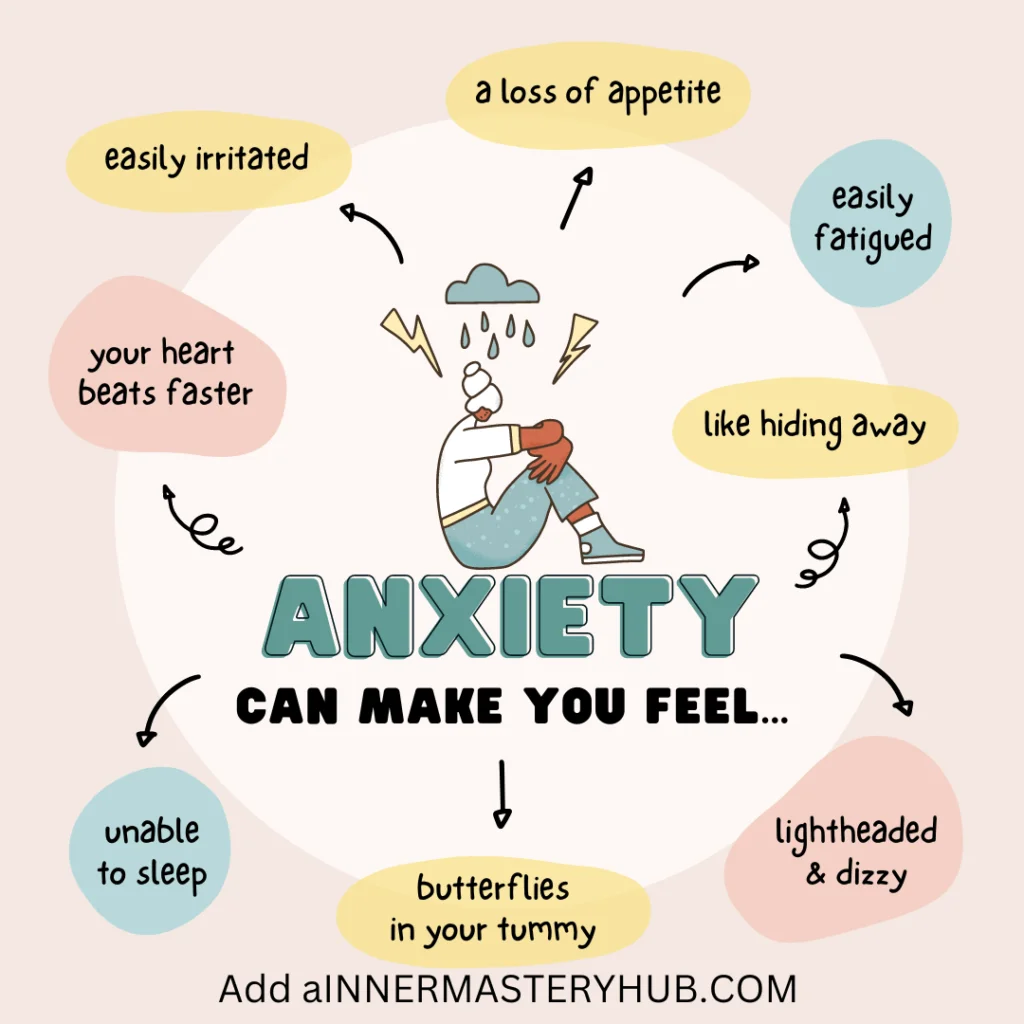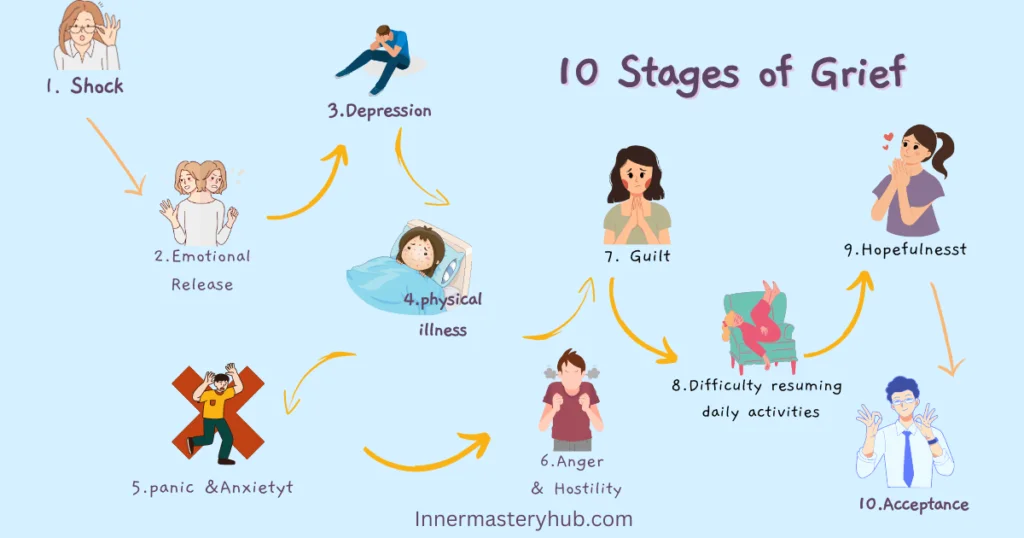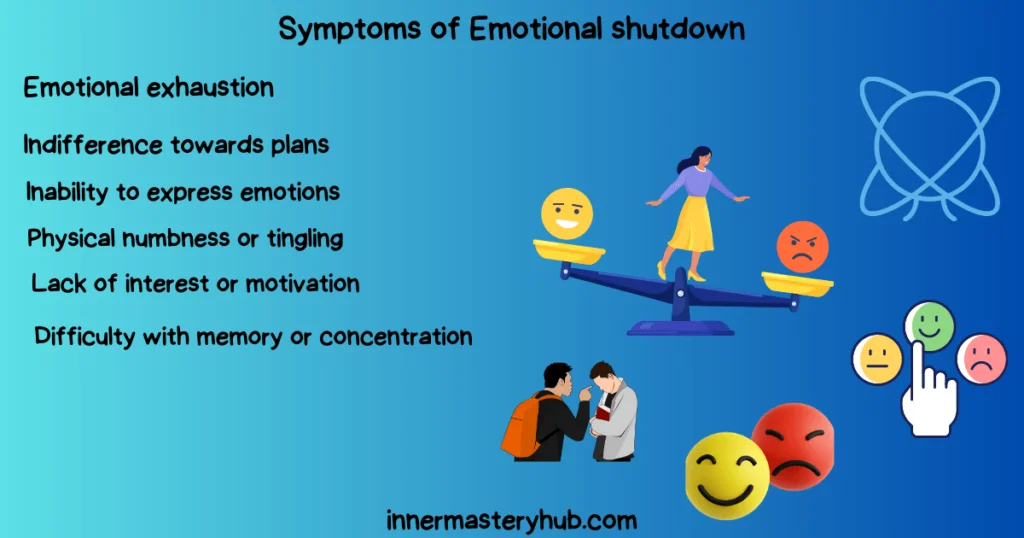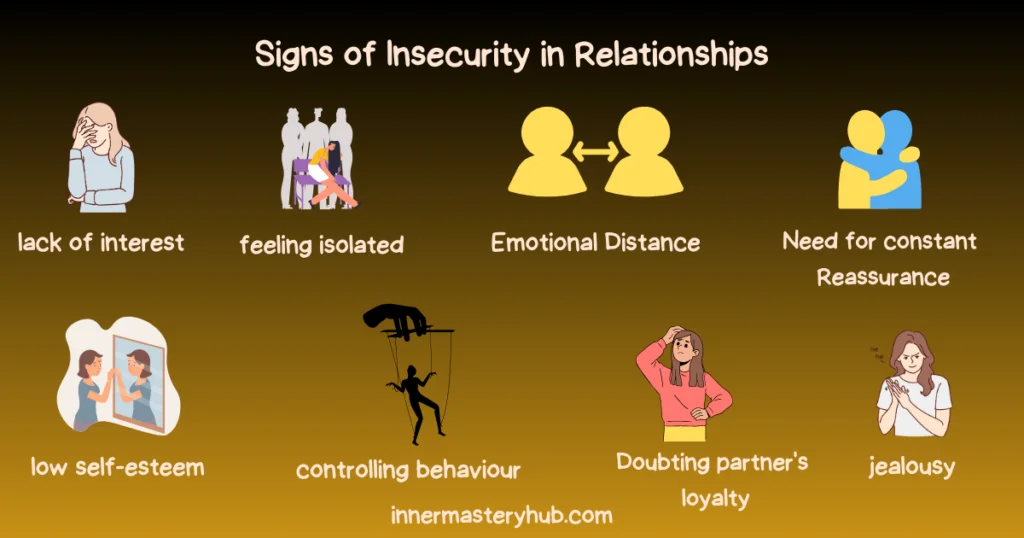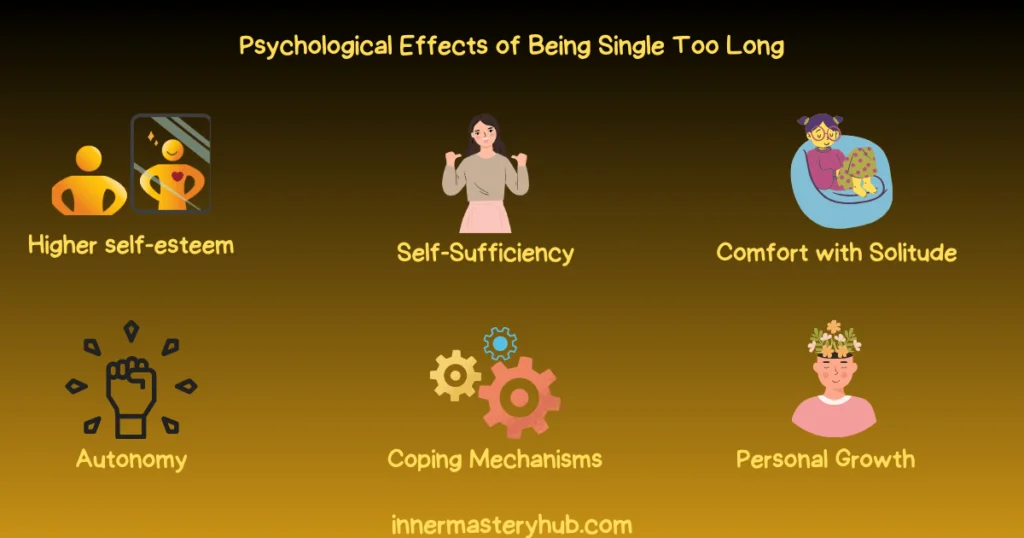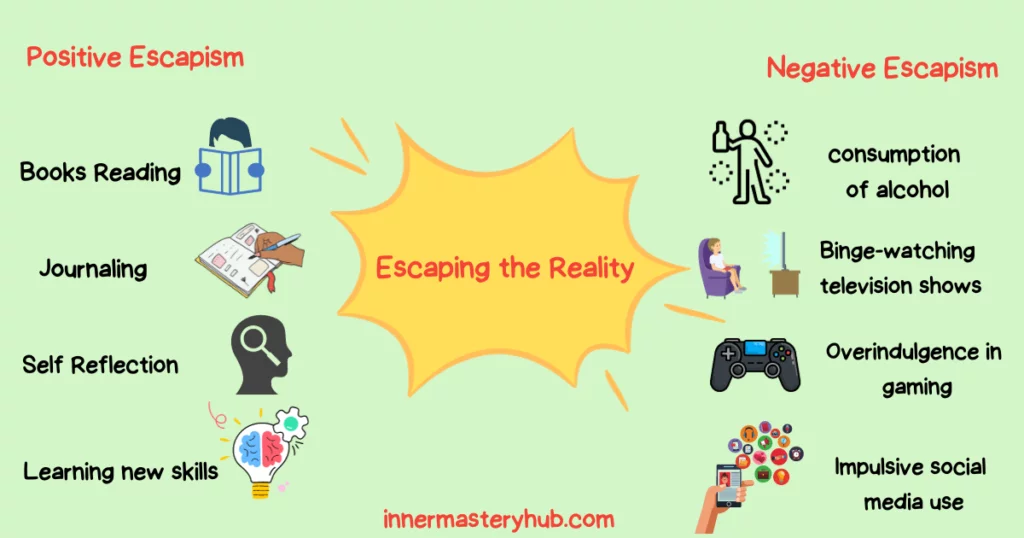
Childhood Emotional Neglect (CEN) is an often misunderstood, emotionally neglected, and overlooked aspect of mental health, which can have long-lasting impacts on an individual’s emotional well-being. This blog aims to illuminate the concept of CEN, elucidating its definition, signs, and consequences.
We will explore various healing strategies to help individuals overcome the damaging effects of early or experienced childhood abuse and emotional neglect themselves.
By raising awareness of this issue, we aspire to provide a supportive platform for those who have experienced childhood emotional neglect or CEN and empower them with the knowledge and resources necessary to embark on a journey of healing and self-discovery.
Table of Contents
What is healing from Childhood Emotional Neglect? (Definition Of Neglect)
Childhood Emotional Neglect (CEN) can be defined as a parent’s or primary caregiver’s consistent failure to respond to a child’s own emotional needs. This lack of emotional responsiveness to parental neglect is often unintentional. It can stem from various factors, including the primary caregiver’s or parents’ unresolved emotional issues or a lack of knowledge about the child’s emotional development.
Childhood emotional neglect is not always about what happened but rather about what didn’t happen – the absence of emotional attention, validation, and care that a child needs for healthy emotional growth and development.
The invisibility of this form of emotional neglect from primary caregivers and parents can make it particularly harmful, as it often goes unnoticed and unaddressed, leading to lasting impacts on a person or child’s emotional health through adolescence and into adulthood.
There are many kinds of neglect, such as emotional neglect, and they frequently coexist with one another and other types of child maltreatment.1
The most common type of child abuse identified by child protection services is neglect. About 18% of adults say they were neglected emotionally while they were young. Due to the underrepresentation of emotional neglect in scientific research, this figure is probably low.2
What Does Healthy Parenting Look Like?
Healthy parenting fosters a nurturing and supportive environment that promotes a child’s emotional, physical, and psychological well-being. This includes being present, emotionally available, and responsive to a child’s needs.
For example, if a child comes home upset after school, a parent practising healthy parenting would notice the child’s distress, sit with them, and encourage them to share their own feelings. The parent would listen attentively, validate the child’s emotions – “It sounds like you had a really tough day, it’s okay to feel upset” – and offer comfort and guidance.
Another key aspect of healthy parenting is setting clear boundaries while allowing the child autonomy. A real-life example might be a parent putting a bedtime for their child but allowing them to decide which pajamas they want to wear or what book they want to read before bed.
This balance teaches children the value of rules and structure while encouraging independence and decision-making skills. Healthy parenting involves modeling emotional intelligence and developing healthy coping skills and strategies.
For instance, if a parent is experiencing a stressful situation, they might express their feelings openly – “I’m feeling a bit stressed about this work project” – and demonstrate proactive coping strategies like taking deep breaths, walking, or engaging in a relaxation activity. This validates the reality of experiencing difficult emotions and gives the child a real-life example of managing stress effectively.
Healthy parenting is about the child and parents being emotionally attuned, the parents setting appropriate boundaries, and modeling influential family coping strategies to deal with childhood emotional n. It’s about the parent ensuring that the child feels seen, heard, and valued and equipping them with the dynamic tools they need to thrive in later life.
Signs Of healing from Childhood Emotional Neglect
Recognizing Childhood Neglect (CEN) can be challenging as it pertains more to the absence of certain experiences rather than the presence of any specific behaviours. Yet, several signs might hint at a history of CEN.
One common sign is difficulty in understanding and expressing emotions. Those who have experienced CEN might struggle to identify their feelings, often feeling ’empty’ or ‘numb’ instead of sharing a full range of emotions. They might feel uncomfortable and find it hard to express or manage their emotions healthily by acting out or hiding them.
Another sign of CEN is a strong sense of guilt or shame, especially when asserting needs or preferences. This can stem from a childhood where the family ignored or dismissed the child’s emotional needs or led the individual to believe that their needs and feelings were invalid or burdensome.
Struggles with self-discipline, self-care, and self-compassion are other potential signs of Childhood Emotional Neglect. Those affected may have difficulty sticking to routines, neglect their health or physical appearance, or be overly critical of themselves and their mistakes.
The feeling of being flawed or fundamentally different from others can also indicate CEN. Those affected might feel like they’re missing something that everyone else has or something inherently wrong with them, often leading to loneliness and alienation.
Emotionally neglected people face difficulties in relationships, whether friendships, romantic partnerships, or familial bonds. Those who experienced emotional neglect, abuse, or Neglect in childhood might strive to form deep connections, fear dependence, or find it difficult to trust others.
It’s important to remember that these signs are not definitive proof of CEN but are indicators that could suggest a history of emotional Neglect.
Emotionally Neglected children
Children who have been emotionally neglected often carry the burden of their experiences at a mature age, which can manifest in various ways. While they may not have visible scars or clear memories of specific traumatic incidents, they often struggle with feelings of inadequacy, emptiness, and disconnection.
These individuals may have low self-esteem and have difficulty forming and maintaining intimate relationships.
They say emotionally neglected children and people may also be prone to mental health issues such as depression, anxiety, and substance abuse. It is crucial to note that emotionally neglected adults and children can recover and lead fulfilling lives with the proper support and therapeutic interventions. Each individual’s healing journey is unique, but they all start with recognizing and validating their experiences.
Guilt and Shame
Guilt refers to remorse or regret over a specific action or behavior one perceives as wrong. It typically involves realizing that one’s action has caused harm to self-blame others. For example, a person may feel guilty for forgetting a friend’s birthday or saying something hurtful in anger.
Shame is a more pervasive and debilitating emotion tied to one or a family’s sense of self. It involves a deep-seated belief of being fundamentally flawed or unworthy.
Unlike guilt, which is usually linked to a specific event, it can permeate and affect all areas of a person or family’s life, affecting their self-esteem, self-perception, and ability to form healthy relationships.
Children and adults who have experienced emotional Neglect often struggle with guilt at a mature age. They may feel guilty for having needs and expressing them or ashamed for being ‘different’ or ‘flawed.’ Understanding and addressing these feelings is crucial to the healing process, requiring compassionate self-awareness and often a good therapist.
Difference between emotions and feelings
Emotions and feelings are fundamental to human experience but not synonymous. Emotions are physical states that arise automatically in response to external stimuli. They are neuro-physiological reactions triggered by specific events, situations, or thoughts, and they manifest physically through changes in heart rate, blood pressure, facial expressions, body language, etc.
Emotions are universal across cultures — for instance, fear, joy, anger, and disgust are experienced similarly by most people worldwide.
On the other hand, feelings are subjective experiences that emerge from emotional reactions. They are mental associations and responses to an emotion that are personal and influenced by individual experiences, beliefs, memories, and thoughts. While emotions are common to all humans, feelings are highly individualized.
For example, while two people might feel the same emotion of threat in a high-risk situation, their feelings towards it could be vastly different — one might feel exhilarated, while the other feels anxious. Understanding the difference between emotions and feelings is crucial in exploring one’s emotional needs, health, and well-being.
Difficulty Nurturing Self and Others
Individuals who have experienced Childhood Neglect (CEN) often struggle with nurturing themselves, their parents, other children and others. This stems from their early experiences of emotional abuse, where their needs were unmet or acknowledged, leading to impaired emotional understanding and empathy.
As a result, they often find it challenging to show self-compassion, regularly neglecting their own needs and being overly critical of themselves.
Likewise, their ability to nurture others can also be compromised. They may strive to recognize and respond to emotional cues from others, leading to difficulties in forming deep, meaningful relationships.
They might find it hard to express empathy, not because they don’t care, but because they were not taught how to respond to others emotionally.
The key to overcoming this challenge is learning to recognize and validate one’s emotions first. This self-awareness can then gradually extend to others, improving empathy and nurturing capacities.
Though the journey might require professional support, it is possible to unlearn the patterns of childhood emotional Neglect and cultivate a healthier and more nurturing dynamic landscape.
Emotions might not always make rational sense, but they serve a purpose
Although feelings might not always align with rational thought, they play a pivotal role in our lives. They are the body’s adaptive response to different situations, guiding our reactions and actions.
For instance, fear alerts us to potential danger, prompting us to protect ourselves, while happiness signifies contentment and safety, encouraging us to continue engaging in activities that bring us joy.
Emotions also communicate our needs and desires to others, enabling us to build social connections.
It’s crucial to remember that emotions are merely information, not directives. They suggest possible responses to a situation, but choosing the most appropriate action is up to us.
This is where rational thinking complements emotional responses, ensuring a balanced approach to life’s challenges, experiences, emotions, and final thoughts and experiences.
Emotions can be overwhelming, but they can still be managed
Emotions, particularly intense ones, can sometimes feel overwhelming. It is essential to understand that they can be managed effectively with the right skills and strategies.
One of the crucial steps in managing emotions is acknowledging them rather than denying or suppressing them. Suppressed emotions can build up over time, leading to distress, anxiety, and other mental health challenges.
Practicing mindfulness can significantly aid in managing emotions. It involves being present at the moment and observing one’s emotions without judgment. It encourages acceptance of feelings as they come, allowing them to pass naturally instead of intensifying them through resistance.
Self-care activities such as regular exercise, adequate sleep, a healthy diet, and relaxation techniques can improve emotional stability. Engaging in activities that bring joy, spending time in nature, or with loved ones can also provide emotional relief.
Finally, seeking professional support can be invaluable, especially when emotions feel overwhelming to manage alone. Therapists and counselors can provide strategies tailored to each person and individual needs, guiding them through emotional regulation. It’s perfectly okay to ask for help, and it’s a sign of strength, not weakness.
No matter how overwhelming emotions may seem, they can always be managed. It’s about being aware and learning to navigate the emotional landscape with acceptance, care, and professional support when needed.
How Does Childhood Emotional Neglect Affect Relationships?
Childhood Neglect can have profound and often unrecognized implications for an individual’s relationships. Individuals who grew up in emotionally neglectful environments may struggle to form and maintain deep connections with others.
Often, they have learned to wall off their emotions as a defense mechanism and may thrive on understanding or expressing their feelings, let alone understanding those of others. This lack of emotional fluency can lead to difficulties communicating effectively about emotions in a relationship, resulting in misunderstandings or conflicts.
These individuals may also exhibit codependence, stemming from their early experiences of unmet emotional needs. They may hesitate to express their needs or lean on others for emotional support, fearing rejection or disappointment. This reluctance to be vulnerable can hinder forming of emotionally intimate and healthy relationships.
However, it’s important to remember that these patterns can be unlearned and replaced by healthier ones. Support from a mental health professional, coupled with patience, can significantly aid in healing from the impact of Childhood Emotional Neglect.
Feelings of Emptiness
Individuals who have experienced Neglect at a young age often report consistent feelings of emptiness or numbness. This emptiness isn’t about being alone but rather a more profound sense of being “empty” inside as a child grows up. It’s a feeling of something missing or a hollow sensation that the child’s feelings are hard to describe.
This is because their emotions are suppressed or ignored early, leading to a disconnection from their emotional selves. They might struggle to identify their feelings, leading to detachment from their internal emotional experiences.
Recognizing this emptiness and its roots in emotional and emotionally neglectful parents can be the first step towards healing. Learning how to reconnect with one’s emotions, fill the emptiness, and live a more emotionally enriching life is possible.
FREQUENTLY ASKED QUESTIONS
Q.1 How do I get rid of childhood emotional neglect?
Overcoming Childhood Emotional Neglect involves acknowledging its impact, fostering emotional awareness, and seeking professional help. Psychotherapy can be effective, particularly Cognitive Behavioral and Trauma-focused Cognitive Behavioral Therapy.
Self-care practices like mindfulness, journaling, and reaching out to family members and supportive networks can also aid healing. Remember, it’s a journey that requires patience and self-care.
Q.2 Can you get PTSD from childhood abuse and emotional Neglect?
Childhood Neglect can lead to Posttraumatic Stress Disorder symptoms (PTSD symptoms). When emotional needs are consistently unmet during developmental years, it can result in children and many adults in significant distress akin to trauma. This “emotional trauma” may manifest as PTSD symptoms in mature age, affecting the person and family’s overall well-being.
Q.3 Can you fully recover from emotional Neglect?
Recovery from childhood Emotional Neglect is possible through healing, understanding emotions, and developing healthier habits. Therapy, support from loved ones, and self-kindness are crucial components in overcoming childhood emotional neglect. Patience and self-love are key, as healing from childhood emotional neglect takes time. One can fully recover from experiencing childhood emotional neglect, develop coping skills, and lead a fulfilling life with the right resources and support.
Q.4 How do you deal with emotional Neglect in adulthood?
To deal with the signs of Neglect at a mature age, it’s key to recognize the first signs and symptoms of childhood emotional Neglect and acknowledge the impact. Seek professional help, such as therapy, to explore emotions and learn effective coping strategies.
Practice self-kindness, cultivate emotional awareness, and build a supportive network. Remember, healing from Neglect and abuse in childhood requires patience and self-kindness.
Q.5 What are the signs of childhood emotional neglect?
Signs of childhood emotional neglect include feeling disconnected from emotions, difficulty expressing feelings, low self-esteem, self-blame, difficulty asking for help, fear of relying on others, and a sense of emptiness. These individuals may struggle with emotional intimacy and struggle to form meaningful relationships.
sources
- Stoltenborgh M, Bakermans-Kranenburg MJ, van IJzendoorn MH. The neglect of child neglect: a meta-analytic review of the prevalence of neglect. Soc Psychiatry Psychiatr Epidemiol. 2013;48(3):345-355. doi:10.1007/s00127-012-0549-y
- Kumari V. Emotional abuse and neglect: time to focus on prevention and mental health consequences. The British Journal of Psychiatry. 2020;217(5):597-599. doi:10.1192/bjp.2020.154
To deal with childhood emotional neglect at a mature age, it’s key to recognize the signs and acknowledge the impact. Seek help, such as therapy, to explore emotions and learn effective coping strategies. Practice self-kindness, cultivate emotional awareness, develop healthy coping skills, and build a supportive network.

